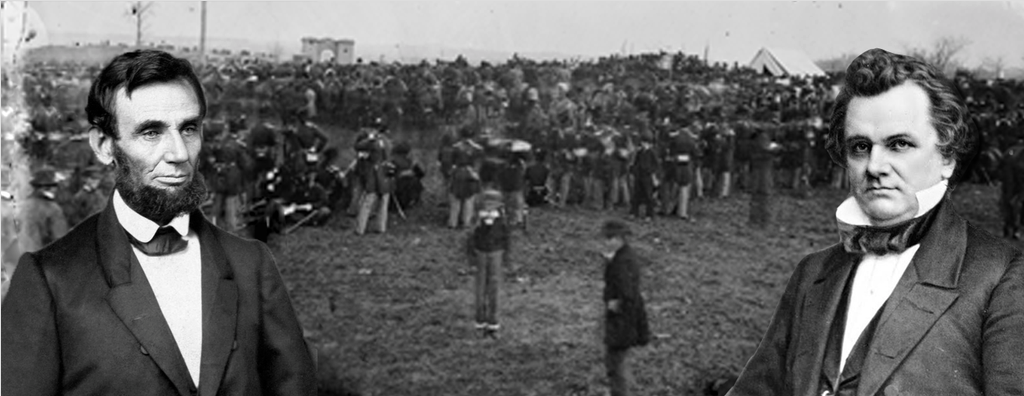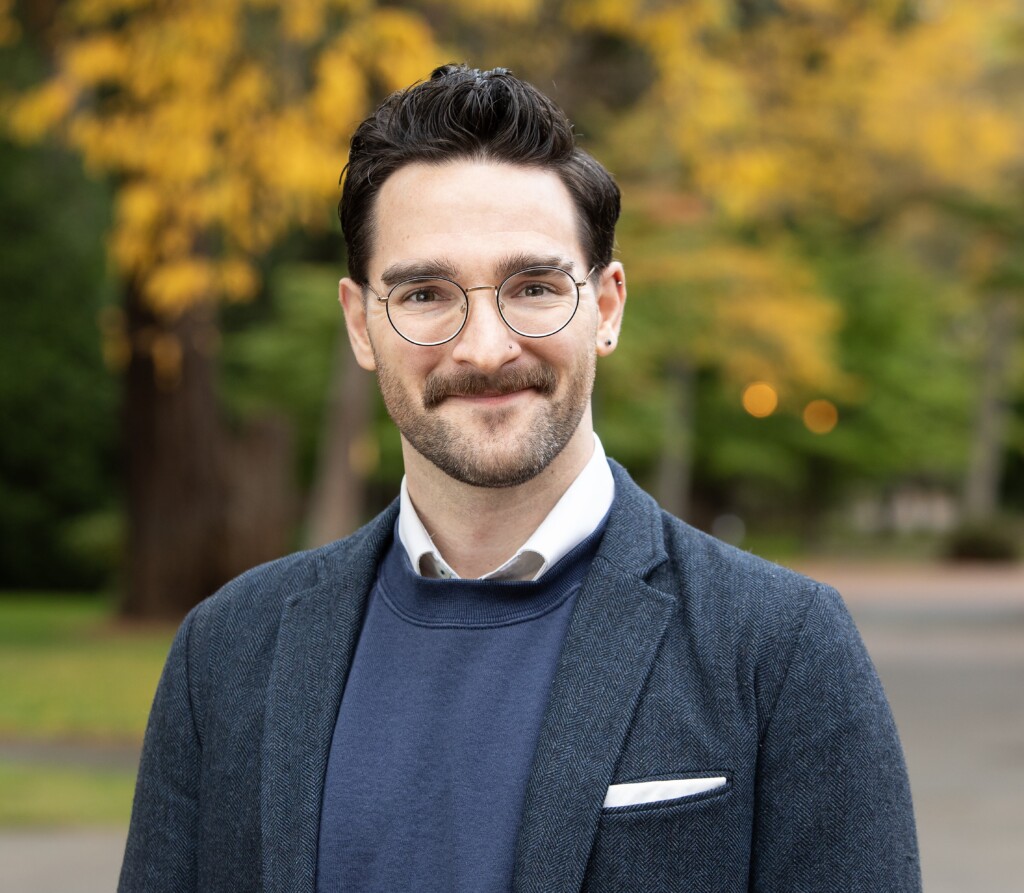Page 125 • (1,953 results in 0.034 seconds)
-

or indentured sugar cane plantation workers, labor organizers, and displaced and impoverished urban communities. Calypso songs and steel band music developed in this context. Overall, music played a very important part in the construction of a post-colonial identity for Trinidadians. Today Trinidad is a modern twin-island nation, an oil-producing member of OPEC, a major Caribbean tourist destination and the site of one of the world’s most influential “Carnivals.” Known as Mardi Gras in the US
-

reflects a “charging, churning celebration of modern-day America.” In addition to composing, Ms. McTee taught at PLU and the University of North Texas and retired as a Regents Professor Emerita after 27 years. For the benefit of PLU music students, Ms. McTee will share insights on leading musical lives and careers. www.cindymctee.com Alex ShapiroAlex Shapiro is known for melding live and recorded sounds with striking visual and physical elements. Ms. Shapiro composes genre-blind acoustic and
-
student choreographers include Avelon Ragoonanan, Elizabeth Maloney, Kelsey Roberts, Helen Garman and Miranda Winter. The guest choreographer is Carla Barragan. She has choreographed a modern work based on a tale from the First Nations Peoples of the Pacific Northwest, entitled Raven and The Man That Sits on the Tides. Barragan received her MA in dance education from Teachers College Columbia University in New York and her BFA in dance from SUNY Purchase in New York. In 1990, Barragan launched her
-

term BIPOC be both inclusive and exclusive? 7) Do we have a responsibility to introduce these words into our vocabulary? Why or why not? 7) What questions do you still have about… Anti-Blackness? Anti-Racism? Decolonization? BIPOC? References Ta-Nehisi Coates Between the World and Me Christopher S. Collins & Alexander Jun White Out: Understanding White Privilege and Dominance in the Modern Age Richard Delgado & Jean Stefancic Critical Race Theory: An Introduction W. E. B. Du Bois The Souls of Black
-
Learn More: Zulu Hat 1The flared shape of these Zulu women’s hats (isicholo), dyed with red ochre, reflect the original design of the hairstyle on which they are based. Originally a mother would sew her daughter’s hair into this complex design for the initial stage in the series of ceremonies associated with her daughter’s marriage. The hats are a relatively new aspect of Zulu traditional dress that were developed in the late 19th or early 20th century and are based on the cone-shaped hairstyle
-
Learn More: Zulu Hat 2The flared shape of these Zulu women’s hats (isicholo), dyed with red ochre, reflect the original design of the hairstyle on which they are based. Originally a mother would sew her daughter’s hair into this complex design for the initial stage in the series of ceremonies associated with her daughter’s marriage. The hats are a relatively new aspect of Zulu traditional dress that were developed in the late 19th or early 20th century and are based on the cone-shaped hairstyle
-
Learn More: Zulu Hat 3The flared shape of these Zulu women’s hats (isicholo), dyed with red ochre, reflect the original design of the hairstyle on which they are based. Originally a mother would sew her daughter’s hair into this complex design for the initial stage in the series of ceremonies associated with her daughter’s marriage. The hats are a relatively new aspect of Zulu traditional dress that were developed in the late 19th or early 20th century and are based on the cone-shaped hairstyle
-

and the Parkland and Tacoma communities. Please arrive early, as seating is limited. The event is free and open to the public. Read Previous “What We Art” shows emerging artists’ work Read Next Communication professor makes mentorship matter LATEST POSTS Pacific Lutheran University Communication students help forgive nearly $1.9M in medical debt in Washington, Idaho, and Montana May 20, 2024 PLU Faculty Directs Local Documentary November 8, 2022 Scholarship Application Tips October 17, 2022 PLU’s
-
:oopm daily for lunch.) Appointments are generally 30-minute meetings, and available* from 9:00am to noon, and 1:00pm-3:00pm. Afternoon spots fill quickly. It is best to contact us early in the day (before 1:30pm preferred) for better availability. *Availability of appointments changes daily due to counselor staffing and work schedules. Students may be asked to contact TimelyCare or the PLU Crisis Line (253-535-7075) when availability is limited. Note: PLU Counseling Services will be closed mid
-

and wellness, stewardship for student populations in juvenile detention centers and drug rehabilitation facilities, and creating alongside youth in the foster care system. Their scholarship unpacks how acts of education, maturation, and coming-of-age intersect with theatre and public performance in the early twentieth century United States, and unravels queer readings of teaching and learning as mechanisms of citizen-making in the theatrical past. Rizzardi hopes to use theatre scholarship to
Do you have any feedback for us? If so, feel free to use our Feedback Form.


